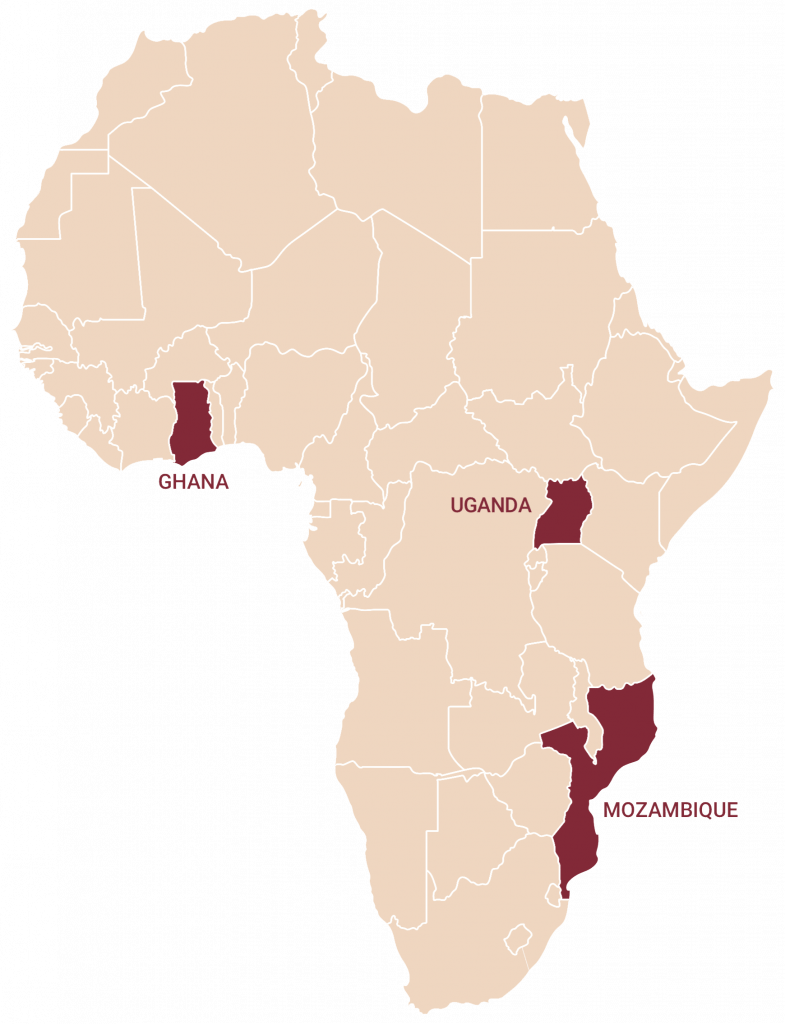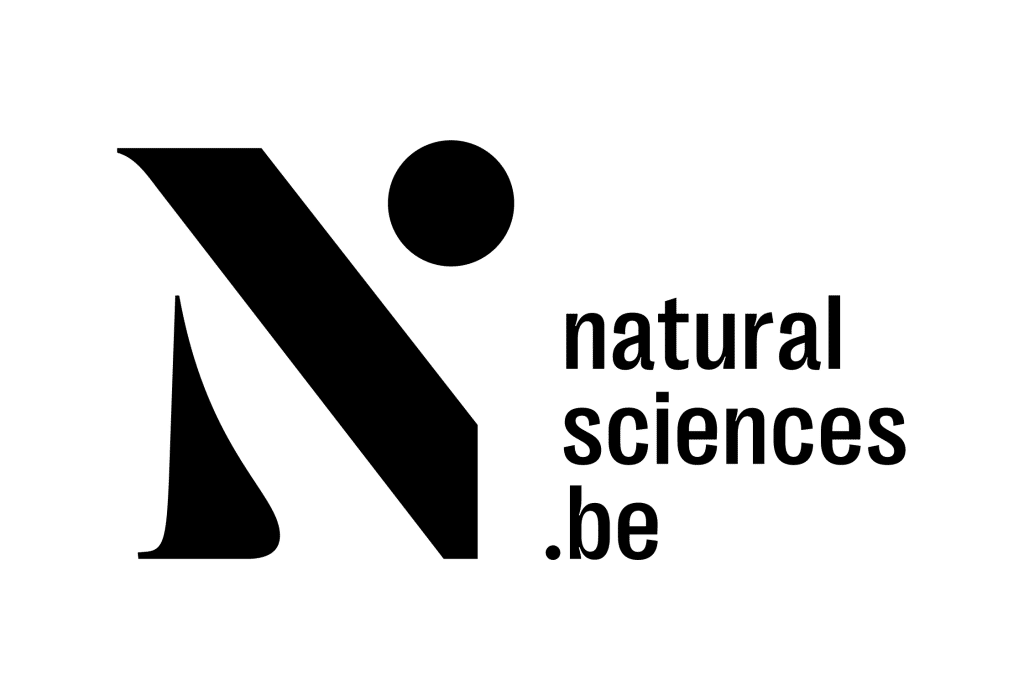CONNECT
Home » Partnerships » External projects » CONNECT
Home » Partnerships » External projects » CONNECT
CONNECT
Mainstreaming Biodiversity Information into the Heart of Government Decision Making (2017-2020, GEF)
Mainstreaming Biodiversity Information into the Heart of Government Decision Making (2017-2020, GEF)
The CONNECT project was a 4-year, multi-partner initiative coordinated by the United Nations Environment World Conservation Monitoring Centre (UNEP-WCMC) and funded by the Global Environment Facility (GEF), which focused on helping governments in Africa to ‘mainstream’ biodiversity in their different sectors by developing concrete ways to do so.

The pilots took place in three countries in Sub-Saharan Africa – Ghana, Uganda and Mozambique – with implementation support from UN Environment. National partners came from relevant ministries, the scientific community, non-government organizations, civil society and local communities.
From the start, an extended network of advisers from many disciplines (data specialists, tele-detection experts, communication experts, experts in capacity building, expert-moderators, SANBI, CBD, GBIF, GEOBON, IIED,…) was set up to help shape the program, to continuously monitor progress, to give advice and to provide help, sometimes even in the field during expert missions. CEBioS was a member of this ‘All Hands’-group, which held regular in-country meetings.
Context
Biodiversity and ecosystem services are essential components of a healthy economy, relevant not only to the environment sector but across all sectors of society. Most countries are now committed to sustainable development, to greening economies and energy systems, and to inclusion of poor people and their needs. These major policy shifts embrace the economy, society and the environment. They present exciting opportunities to integrate biodiversity potentials and risks into government decision-making.
But there is a big disconnect between providers of biodiversity information and potential users. Although government decision makers need access to biodiversity information that helps them to understand the potential impacts of the decisions they take, they are usually not getting compelling, timely information on how biodiversity contributes to national objectives and aspirations such as economic growth and poverty reduction. Neither do they have data on how biodiversity loss harms people’s well-being and economic performance, especially in natural resource sectors. At the same time, biodiversity data and information providers also require an improved understanding of decision making processes, and how biodiversity information can be most effectively integrated into those processes both now and in the future.
Aim & objectives
The project aimed to connect biodiversity experts with policy-makers, to help deliver biodiversity information in ways that improve development decisions.
The specific national level project objectives were:
- To clearly understand the in-country demands for, and the barriers to using, biodiversity information within government decision making including clarifying the format, timing and packaging required;
- To mobilise and repackage existing biodiversity data and information from a range of sources (national and international) to meet a number of the above demands;
- To strengthen the connection between government decision makers and biodiversity and ecosystem services data providers in order to sustainably provide policy-relevant, spatially explicit information to meet ongoing national needs.


